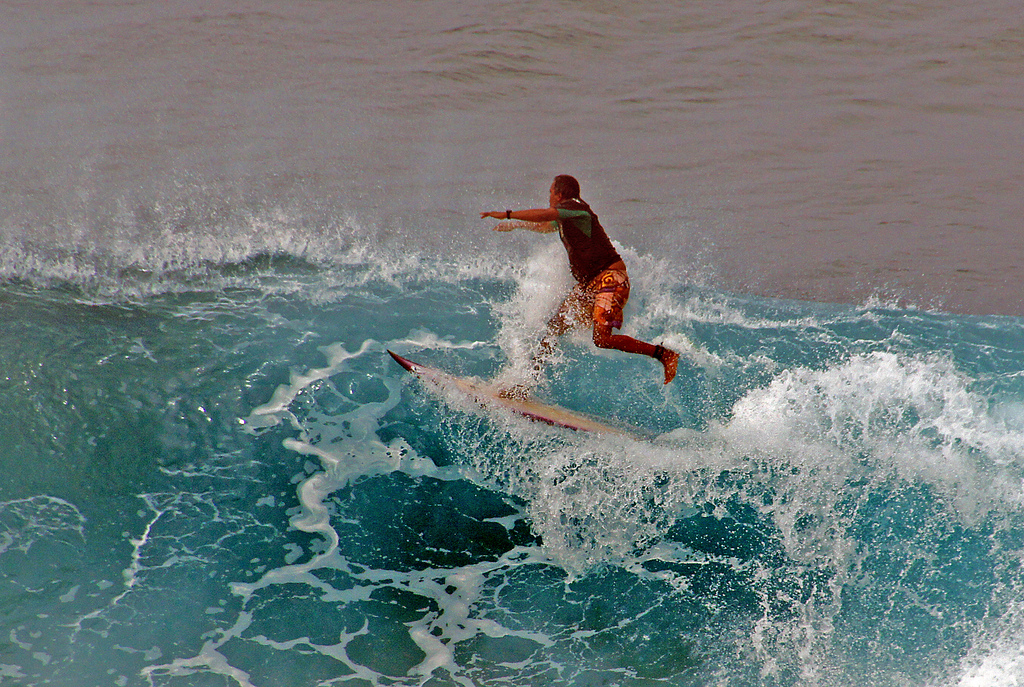As screenwriters, we all know the power of storytelling and metaphor. They will change more minds than all the data in the world. So let’s play with three of my favorite metaphors to help screenwriters write more often with greater ease and, perhaps, even some joy.
Metaphor #1 The Unhatched Duckling
Have you ever wished screenwriting was easy? Have you ever fantasized about your film script just being written with a snap of your fingers?
As much as it seems that an effortless writing process would launch you into a brilliant career as a paid writer…it won’t.
Because you, my friend, are an unhatched duckling.

FLASHBACK – NORTHERN CALIFORNIA – 1989
When I was a kid, I loved nothing more than exploring the wildlife and weeds near the lake in our backyard. During one such typical expedition, I stumbled upon an abandoned egg. I brought the egg home. My mother helped me set up a shoebox nest with a heating pad. Eventually, the egg began to wobble and wiggle. There I sat, eyes glued to the shell, eager to meet my new little friend.
CUT TO
Hours later, I was still watching. This poor baby duck was working his ass off to get out of that egg. Hatching was taking much longer than I had anticipated. Being the impatient tween that I was, I reached out to help pull off that loose bit of shell in hopes of freeing my new friend.
“Do you want to kill him?” my mom barked.
“No. I’m trying to help. He’s working so hard,” I bleated.
Then my mother explained to me the purpose of the difficulty and resilience of an eggshell. Every time a chick pummels its beak against the egg, its neck muscles grow a little bit stronger.
The shell is exactly the toughness it needs to build up enough strength in the bird’s neck to survive outside of the egg. The egg is not the enemy; the shell and its difficulty are that baby bird’s education. If I were to help, that bird would be entering into an environment without the strength it needs to actually survive in the new world.
Sometimes making something easy at the moment robs you of the growth you need to succeed in the long run.
In the past week, I’ve worked with several screenwriters who went pro in the past several years. Writers who caught a break. At first, they were excited and were like, “I’ve finally made it!” But then, they were faced with the new world of being a professional screenwriter. Now they are flailing. They were not prepared for the unique difficulty of what being a professional writer actually entails. We are working to build up their psychological agility, artistry on demand, craft and business acumen in hopes of not missing out on their current opportunities. But the message is clear – build up these skills before you break in. Be grateful for the hard work, be grateful for the struggle because that mindset, work ethic, and training will determine whether they are a one-hit wonder or are able to build an actual career.
So, the next time you feel that struggle, that frustration, remember, “Struggle is the sensation of growth.” This is the feeling of growing strong enough to succeed and thrive. When you have developed the correct muscles, you will break through into your new world.
Metaphor #2 The Dumb Baby
The other day, I decided there just wasn’t enough sand in my ass, so I went to the beach. There, sitting on the wet shore, was a chubby little baby digging her hands into the sand, her back to the ocean. I watched as the child’s eyes lit up and excitement surged through her entire body when the water rushed up around her. Pure joy.
Then the wave retreated and I saw how devastated she was when the water rushed away, leaving her alone in the sand. You could tell that she was scared, that she was sad, that she thought the water was gone forever, that this thing she was enjoying had been lost and lost for good. Pure agony.
 I smiled.
I smiled.
The reason I smiled at this child’s pain is not because I am a jerk or take delight in the suffering of small mammals. I smiled because this child is almost every screenwriter I know.
One day, the writer sits down, and great, connected words flow through their pen onto the paper like waves rushing toward the shore. “I shall be a greater writer! Huzzah!!” Pure joy.
But then, the next day, it feels dry, as if all their talent is pulling away from them. The scriptwriter panics, fears they have lost their artistry forever, chooses to suffer, chooses to doubt, and possibly chooses to never write again. “Perhaps, I am just not meant to be a writer.” Pure agony.
Hey dummy, turn around!
If we could all just turn around and realize that our artistry, our talent, our creativity is a vast ocean and it is there whether we wade into it or not. Yeah, it can be overwhelming and uncontrollable, but you can ease into it if that feels better. It will certainly feel better than crying on the beach.
Great writers are those who learn to surf – not to control, but to ride greatness of the unconscious.
So the next time you doubt yourself, the next time you beat yourself up because your writing that day was kinda bad, the next time you even consider giving up, visualize that dumb kid crying on the beach because they are facing the wrong direction.
Don’t be a dumb-dumb; turn around and wade in.
Metaphor # 3 Be a Gardener
Perhaps, the most common refrain I hear from writers, be they veteran showrunners or total newbies, is the following. ..
“I wish I was further along than I am now.”
Most people wish they were further along in their careers. This causes much emotional turmoil and a lot of wasted energy that could go toward actually writing. There are many tools you can use to move forward as a writer. You can take classes. You can get a mentor. You can develop a strong writing habit. You can go on a retreat. You can read a screenplay every week. You can study human behavior.
You should have some combination of the above, a unique mosaic of actions that works for you. But even if you have a weekly mentor, have a monthly class, read a screenplay a week, break down every movie you see, enter all the contests and follow up on your networking connections. Guess what? You still might not be where you wish you were.
Some scripts take longer than others to birth. Some projects take longer than others to get made. There is no “normal” timeline. You cannot force these things. You can only nurture them and be ready if/when something does happen.
 Some screenplay are sunflowers.
Some screenplay are sunflowers.
If you plant a sunflower seed and nurture it properly within a week, you will start to see it grow. After a few months, you will marvel at the full growth of this flower. Lovely. But more often than not, our scripts are not as speedy as the sunflower.
Many movie scripts are bamboo.
Some species of bamboo might take years of tending to before they sprout, often sprouting up very quickly. It’s not that there is nothing happening in the years of what looks like no growth. There is growth; you just can’t see it.
The bamboo is growing an extensive root system. This is the system that will allow the grass to eventually shoot up and thrive in the above-ground world.
Does this mean you should nurture just one project for years even if you get no movement? No. That is ridiculous.
Keep tending to these bigger, more complicated projects. Keep them watered and exposed to the sunlight, but also plant some sunflowers. In fact, plant some tomatoes and harvest them. Work on an epic screenplay and the Tv pilot and make a few shorts.
A great screenwriter knows that they will write dozens to thousands of scripts in their lifetime. Some scripts, you will tend to year after year, updating and trimming and adapting them to include whatever new technology changes our lives. Some scripts will take years to fully get prepared for the outside world. Most scripts will require something in between.
A gardener plants, tends and adjusts according to what is blossoming around them. Knowing that as much as you can water, provide sunlight, and give fertilizer, you can’t force things to grow faster.
So if you find you are standing over a single seed screaming “GROW!!”, perhaps, you should go plant a few more seeds. Tend to those seeds, then circle back, giving your script a little room to breathe.
If you would like to discover more metaphors that will help you write, please check out my Meditative Writing Workshop. If you would like to get free weekly writing exercises and explorations, you can get those at TheScienceAndArtOfWriting.com

